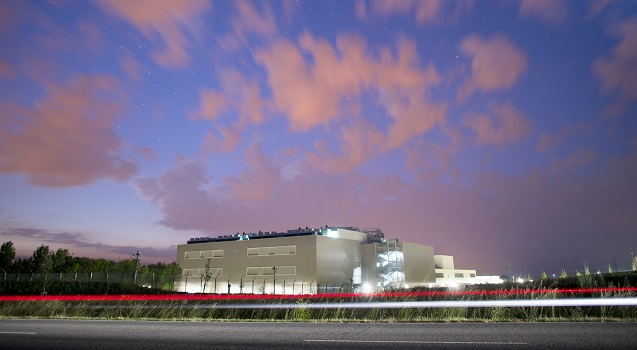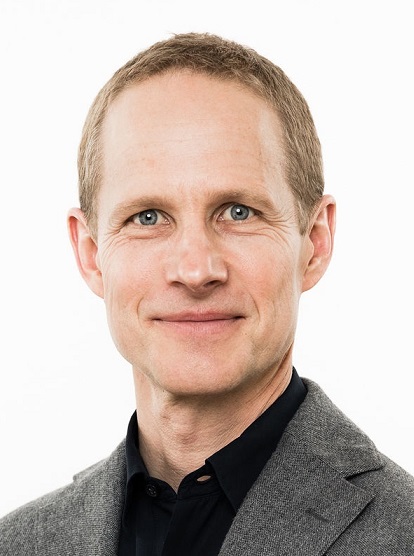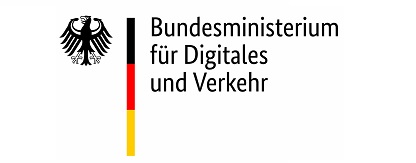Effective, sustainable and resilient telecommunications networks in the energy system (CO 2030)
The CO 2030 project is developing new concepts for sustainable and resilient operation of telecommunications networks.
This is done using the example of Deutsche Telekom, which, as a central player in the telecommunications industry, has the largest fixed and mobile network in Germany. Internet access, telephony, television services, data services, etc. are offered via this network.
Resilient grid infrastructure
The Group has set itself the goal of operating this infrastructure sustainably. The focus here is on:
- a supply with regenerative energy in the face of growing data traffic and power consumption,
- secure operation of the networks in changing climatic conditions, and
- integrating the companies’ sites into a new, more flexible energy system.
The CO 2030 project is intended to contribute to this. Together with the project partners, the Borderstep Institute is developing scenarios and evaluating proposals for a climate-neutral and flexible supply of the network infrastructure and Deutsche Telekom sites in 2030.
Climate-neutral energy supply
Proposals are also made for a step-by-step implementation. Both the current and future energy requirements of the sites are recorded. Different supply variants with renewable energies are run through.
In addition, possible uses of waste heat are evaluated and the role of the grid infrastructure in a future energy system is rethought. All of this is done under the framework conditions of climate neutrality, (resource) efficiency and reliability/resilience.
The results of the project will enable Deutsche Telekom to gradually adapt its infrastructure to the changing environmental and energy requirements and to identify locations where the change can be tested as examples.
Borderstep is carrying out the project together with Deutsche Telekom AG, Rheinisch-Westfälische Technische Hochschule (RWTH) Aachen, Technische Universität Darmstadt and 50Hertz Transmission GmbH.


